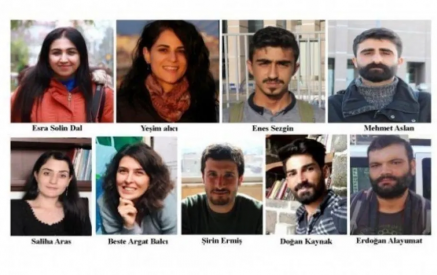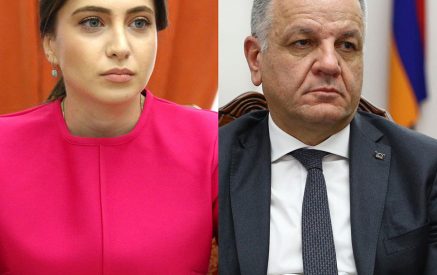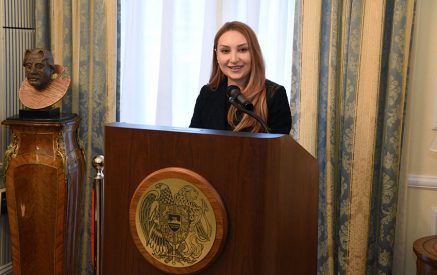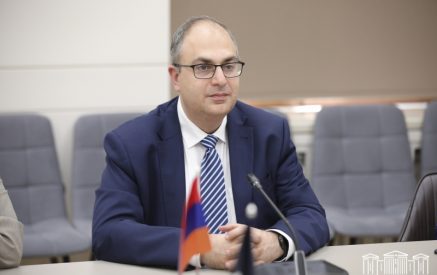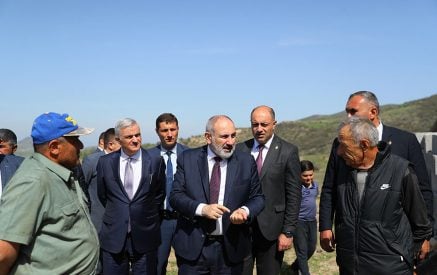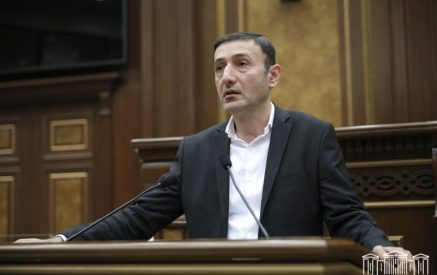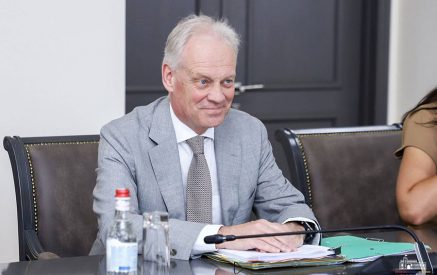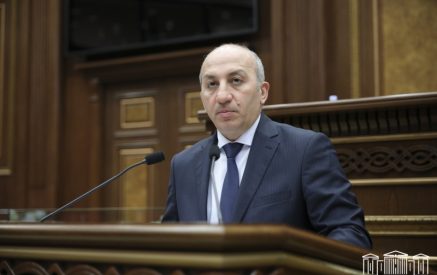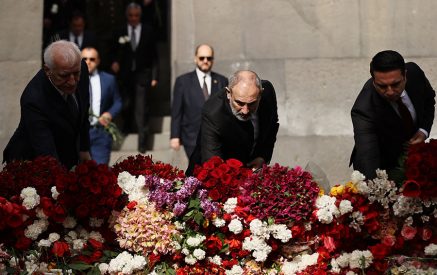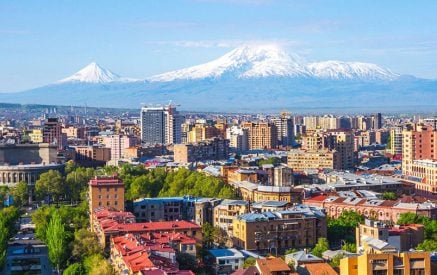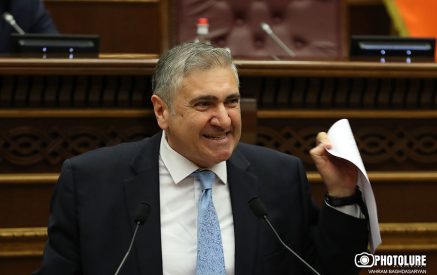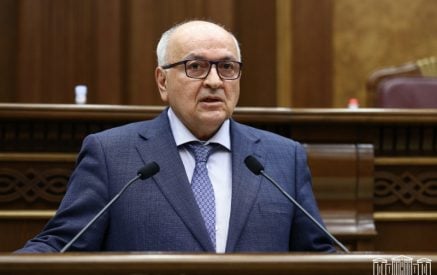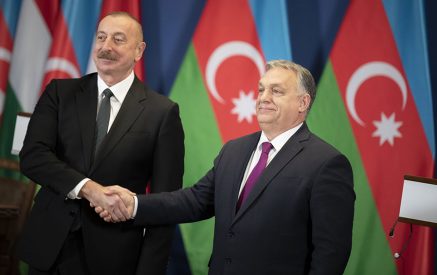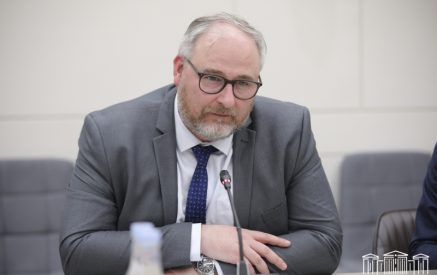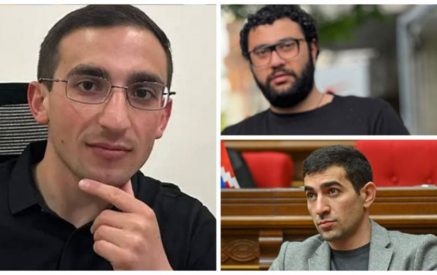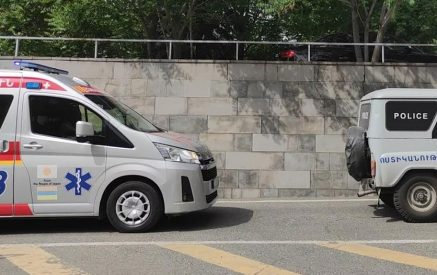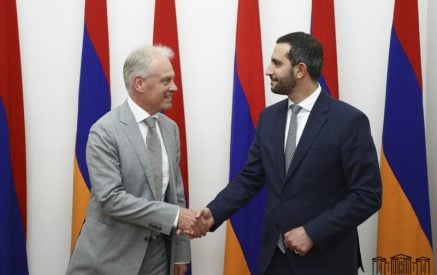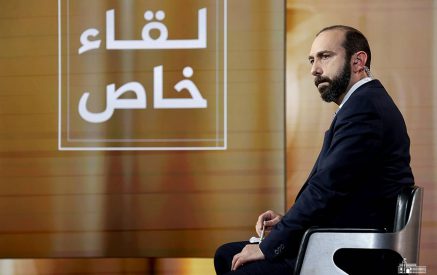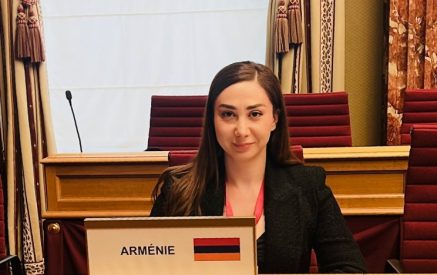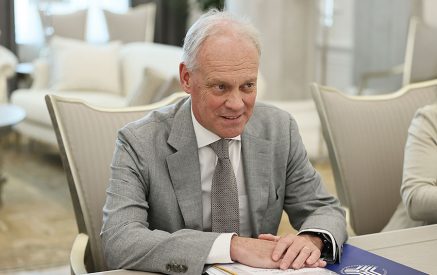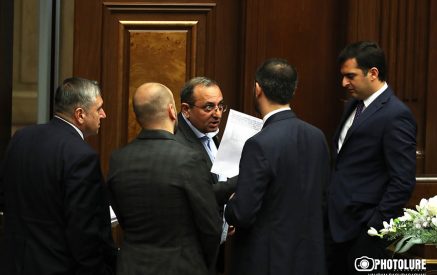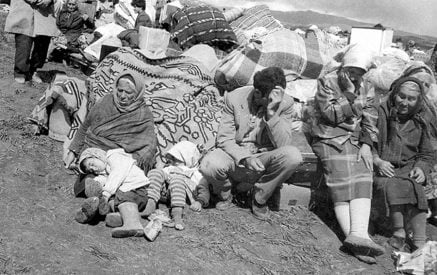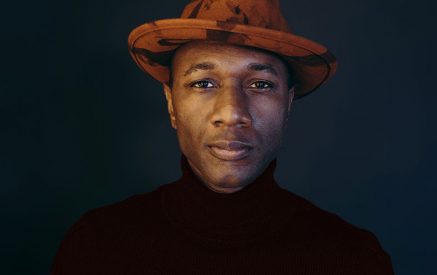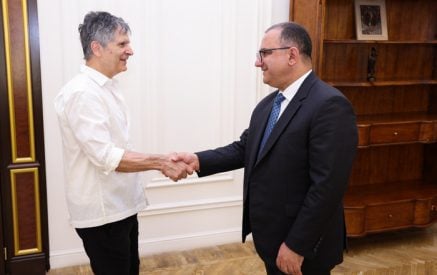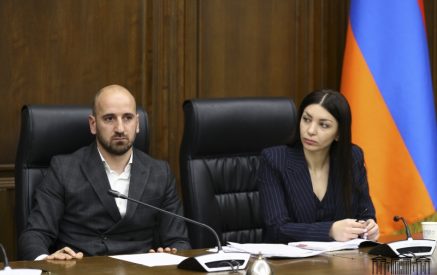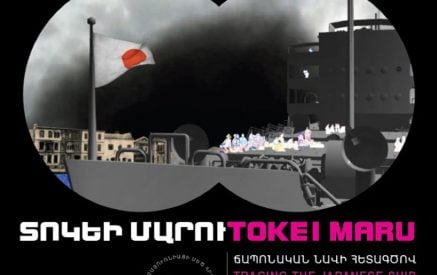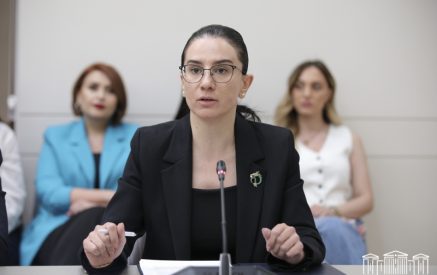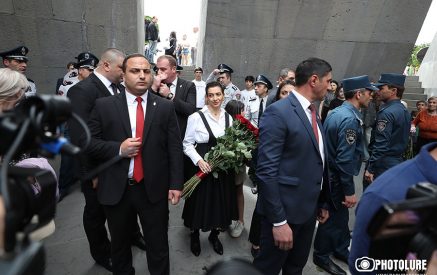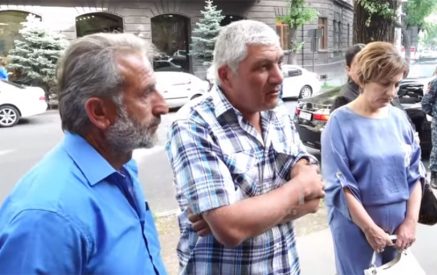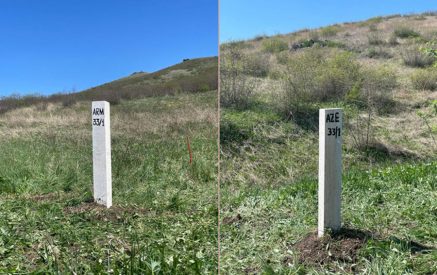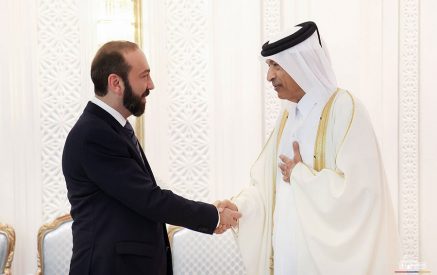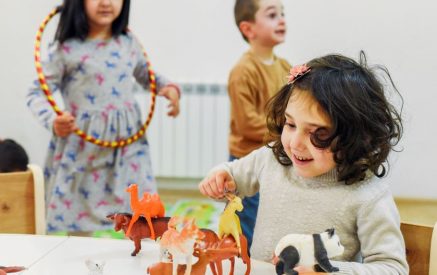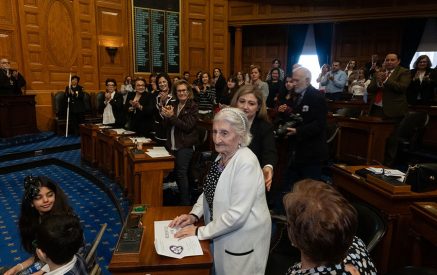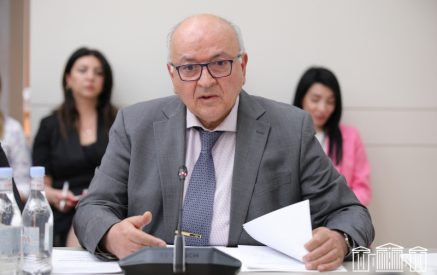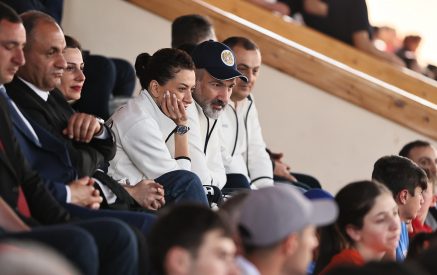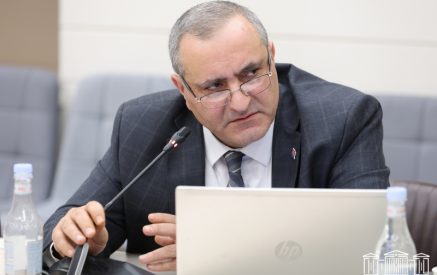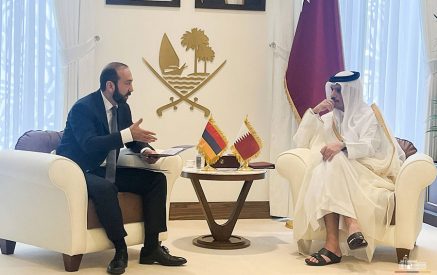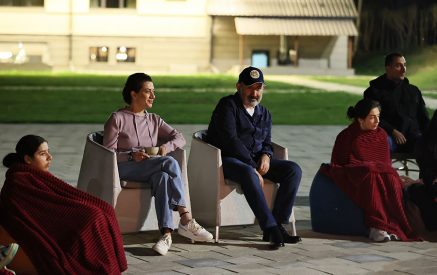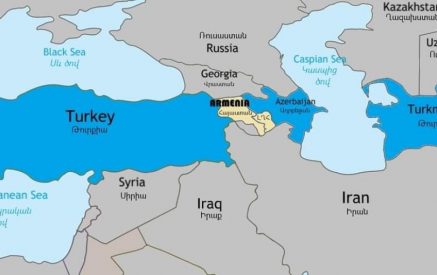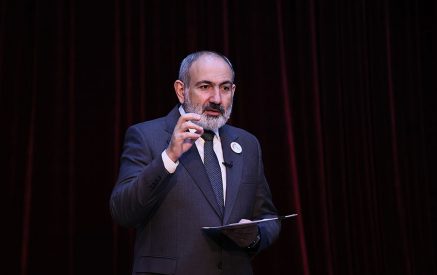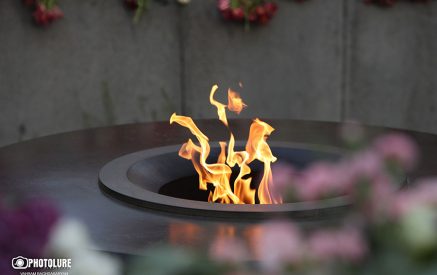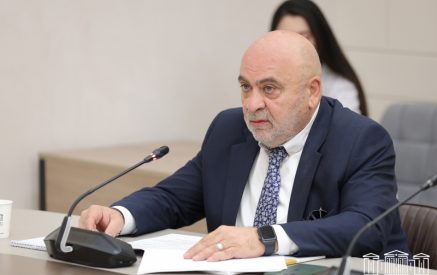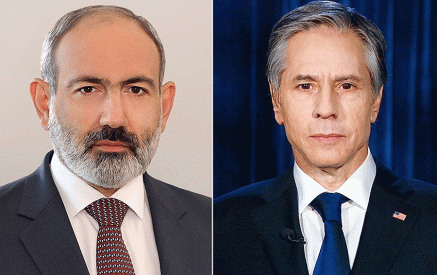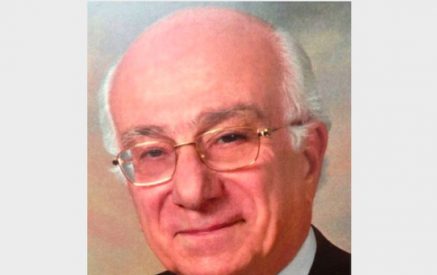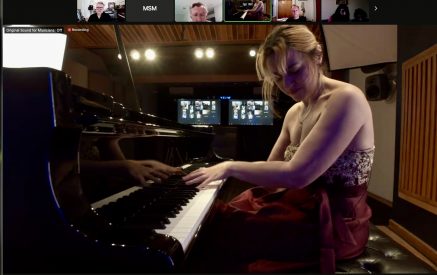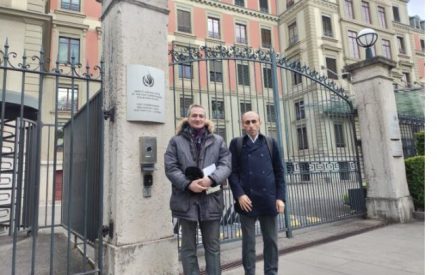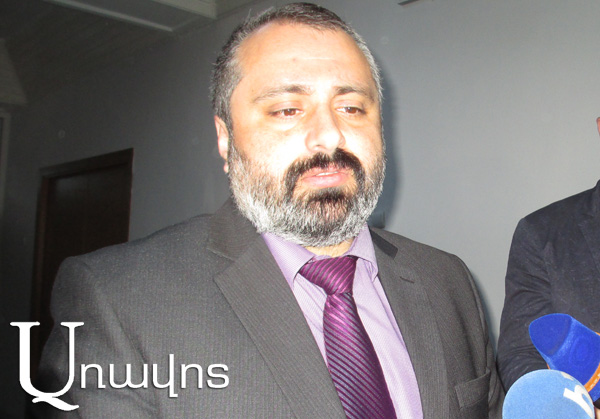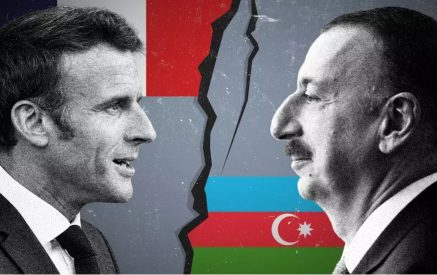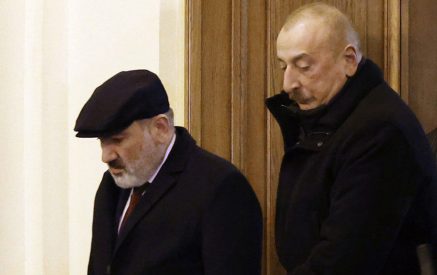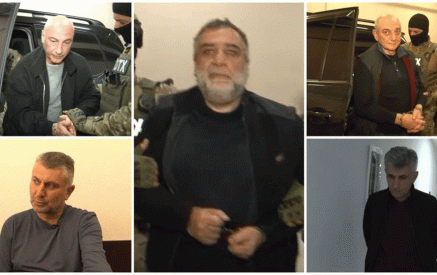“Aravot” interviews NKR Presidential Spokesperson David Babayan
– “We are ready to work with all Minsk Group countries, including Turkey,” – said OSCE Minsk Group American co-chair in the final press conference in Armenia, adding that no changes are expected in the Minsk Group. Is such an approach not dangerous when Turkey is recently displaying an obvious anti-Armenian approach which became more visible during the recent events?
– You know, we should try to analyze the situation coolly. Turkey has led quite a destructive policy in Karabakh-Azerbaijani conflict zone. We can also say that it provoked Azerbaijan to start a war when sending various militants and army officers and so on. But under the created situation, it is also important to have some discussions with Turkey to keep it away from its destructive actions. This, certainly, does not mean that Turkey may have some role in the negotiation process. I think it’s clear for everybody in the negotiation process that the state having such a destructive geopolitical role cannot be involved, moreover, a mediatory role can be attributed to it.
– “At the moment, this topic is an element of the negotiation process” – said the Russian co-chair, in response to the question to what extent the Co-Chairs realize that Nagorno-Karabakh cannot be part of Azerbaijan. What does this mean? Is the possibility of NKR’s being a part of Azerbaijan’s staff is still underway in the negotiations?
Read also
– I think it is clear to everyone that the NKR has never been and will never be a part of Azerbaijan. It was annexed to the Soviet Azerbaijan for 70 years, in addition, it was not an independent state, it was a part of the Soviet Union and this can never be a ground for the Azerbaijani, the so-called, ambitions. The emptiness of this prospect once again became clear during this four-day war.
– The co-chairs have announced that they have never ruled out the possibility that at some stage, Karabakh must return to the negotiating table. Contrary to previous years, as a result of this four-day war, the Armenian side seems to be quite clear on putting the question of returning the NKR to the negotiation table. Do you think the NKR’s return to the negotiating table real?
– The OSCE Minsk Group co-chairs cannot rule it out both officially and legally. At the Budapest Summit of 1994 which was also a founding Summit for the OSCE clearly noted that the Republic of Artsakh is also a side of the Azerbaijani-Karabakh conflict. This decision has arrived at based on the consensus. Neither Azerbaijan, nor Turkey, nor any other country, including the current OSCE Minsk Group co-chair countries, has voted against this issue. Moreover, this decision has not been annulled until now. Hence, it also turns out that NKR’s non-involvement in this process is contrary to the main document adopted by the OSCE. It is clear that this is due to political conjuncture or different circumstances. But both by the legal and political point of view, it is obvious that sooner or later the full format of the negotiation process must be restored.
– And is it now?
– We’ll see. This war unleashed by Azerbaijan once again clarified that Artsakh is a party of the negotiation process because it was an Azerbaijan-Artsakh war. With its move, Baku demonstrated in a military-political way who the real parties are.
– Although targeted calls were repeatedly voiced by the Armenian side, the co-chairs again refrained from clearly identify the side initiating the attack, saying that it was not covered by their mandate. What impact will this ongoing smeared situation have on the peace process?
– We have repeatedly said that more targeted, precise and perhaps tough statements and assessments should be given. Even if they are not made public, they are necessary at least by non-public channels. I think some of such steps are made. Also, the fact that Azerbaijan has stopped its aggression under the influence of the OSCE Minsk Group co-chairing countries, right, firstly receiving a counterattack by the armed forces of the Republic of Artsakh and the entire Armenian nation, shows that certain steps have been made by non-official channels. But we are convinced that the tough observations and assessments should be made more public.
– It turns out to be a kind of nonsense. In the initial days of the conflict, rumors were spread that Azerbaijan had stopped its aggression especially by the efforts of the Russian Federation but at the same time, Russian Deputy Prime Minister, and yesterday the Prime Minister, announced that they will continue selling weapons to Azerbaijan and Armenia explaining that if Russia refuses its role, the place will not remain vacant. As of today, the Turkish Foreign Minister has announced that he sees a positive change in the Russian-Turkish relations. Does it not appear that the Armenian states are becoming a small change of geopolitical interests?
– You know we again need to approach coolly, we should not fall under the emotion and should not do any hasty move. It can have consequences. We need to clearly visualize the geopolitical situation, our and others’ possibilities and interests. Yes, Russia is selling this weapon, we say that it is not right because Azerbaijan is an aggressor state and can first of all use this weapon against us while Armenia is Russia’s strategic ally. On the other hand, we need to understand that different countries have different interests. Russia, the US and others are not Armenians states to fully protect our interests. What do we want that they demonstrate themselves as Armenians? Such a thing cannot happen. But in this situation, in the case of running a balanced policy, we can benefit a lot. We should not be discouraged and so on. If Russia sells this weapon to Azerbaijan, then it must be the guarantor that it is not used.
– We can achieve this and have a similar opportunity?
– Certainly, at least, one thing is clear: we must work. But one thing is clear: the Armenian factor has a huge importance for Russia, irrespective of the fact that they sell arms to Azerbaijan, what relations they have with this country. Russia’s interests in the South Caucasus are not from the Armenia-Azerbaijan or Artsakh-Azerbaijan aspect. This process is much more complicated, especially given the position of Azerbaijan, Turkey’s role. Of course, Russia should work on strengthening its positions in the same Azerbaijan. They have their own interests and we have ours and we must work in a way to possibly use the created situation by doing a cool-hearted calculation.
– In the interview with German Deutsche Welle TV and Radio Company, RA President Serzh Sargsyan said that we have never been against the presence of peacekeepers. The Armenian, as well as the opposition and political figures, have confirmed that the issue has always existed in all stages of negotiating on the condition of its solution. Is NKR ready for the existence of the peacekeepers?
– The key word here is the “comprehensive settlement”, more precisely, its ending. If the political, humanitarian and military issues are resolved, Azerbaijan recognizes the independence of the Republic of Artsakh, the Artsakh-Azerbaijan borders are spelled out and so on, let them try to deploy peacekeepers all along the border as a symbolic component part. But in this case, it will be a little strange, there are hundreds of states that have borders with each other. Are peacekeepers deployed in all borders? In other words, this is a far-reaching problem. Most importantly, after the comprehensive settlement rather than now when nothing is settled down. What for they are coming now?
Interview by Nelly GRIGORYAN

